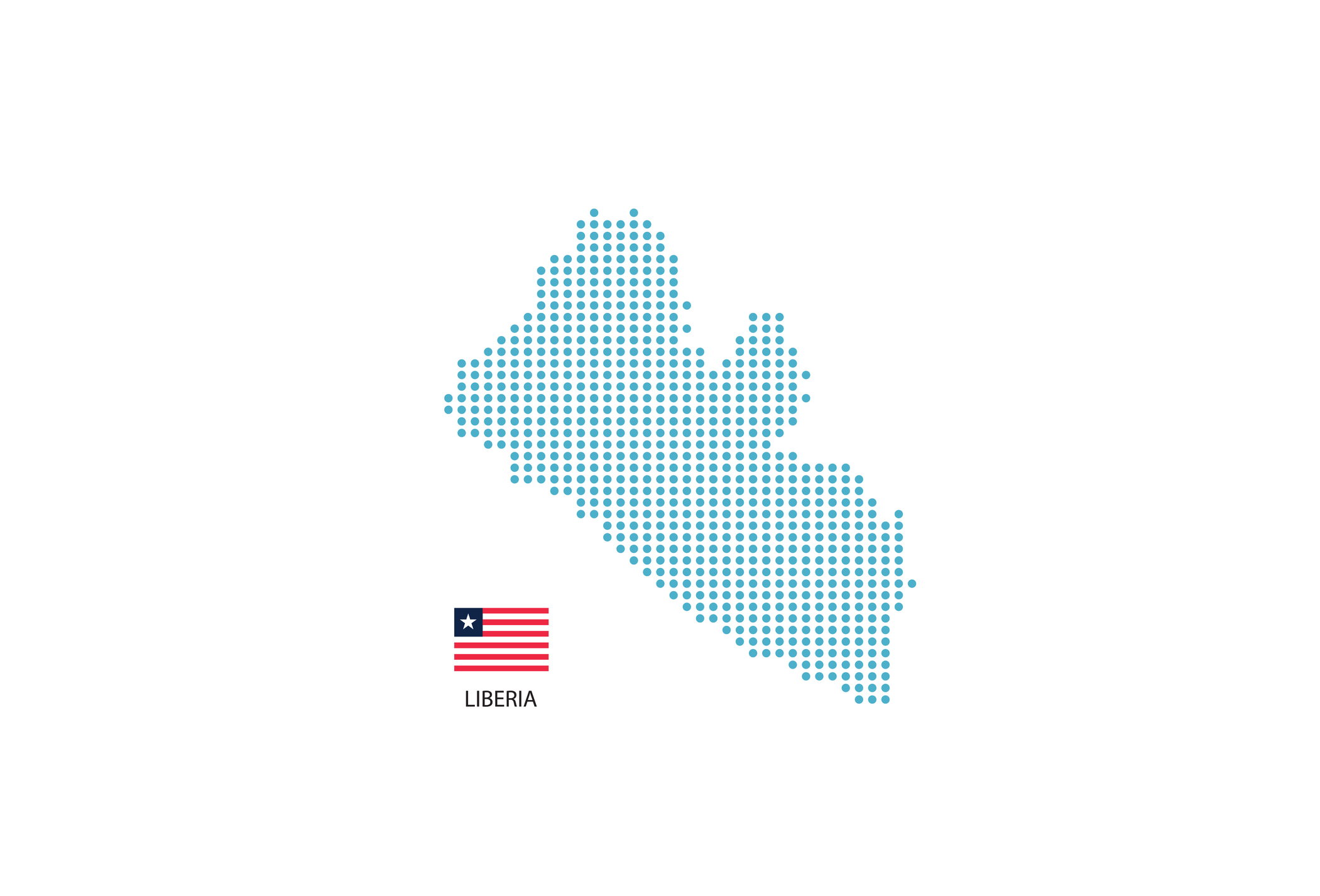The explosive growth of older adults living in Africa will exceed all other continents except Europe in the next 30 years. Cultures around the world need help with how to accommodate this growing number of older people. Challenges in caring for the aging population in Liberia illustrate the complex problem aging populations in developing countries often experience.
In Liberia, a strong custom cuts across all Liberian society. Liberians value the extended family with deep family ties. On a day-to-day level, this value fosters families' abilities to support and care for each other. More broadly, family members believe that caring for their aging family members, especially at the end of life, will bring them satisfaction and, most importantly, blessings and boundless opportunities in life.
Against this backdrop, especially with the lack of government support for the care of older adults, families are Liberia's largest providers of care for the aging population. Families with limited resources are filling the gap in care for older adults in Liberia. Though family members serving as primary caregivers see caring as rewarding, there is a need to address policy, education, and direct services to foster adequate care for older adults as Liberia moves forward into the next 30 years.
Non-governmental institutions like churches periodically donate items to older adults, and the national curriculum for registered nurses added a required course on nursing care of the aging patient. However, not all schools include the clinical experience needed to further develop assessment and care planning competencies. Current nurses and midwives have not had this education.
The Ministry of Health and Social Welfare of Liberia does not have a unit or department for aging. Liberia has no long-term care facilities for older adults as we have here in the United States. Care of hospitalized older adults is attended to like any patient in the general health facilities. And when the older adults are discharged, they go home to be cared for by unskilled family members. Additionally, no national organization, governmental or non-governmental, is bridging the gap of care for elders at the community nursing level since most older adults are cared for at home. Adding to the plight of older adults is the societal shift in which younger family members are moving to urban areas for job opportunities leaving older family members alone with very little to no support.
HIGN/NYU Meyers faculty visit places like Liberia to help raise the standards of care for older adults. We share educational consultations to help raise awareness and skills around the unique care of older adults. We work with organizations such as the International Federation on Aging to advance policy and practice in areas such as Liberia to improve the quality of life and healthcare for older adults worldwide.
----

 Donation
Donation
